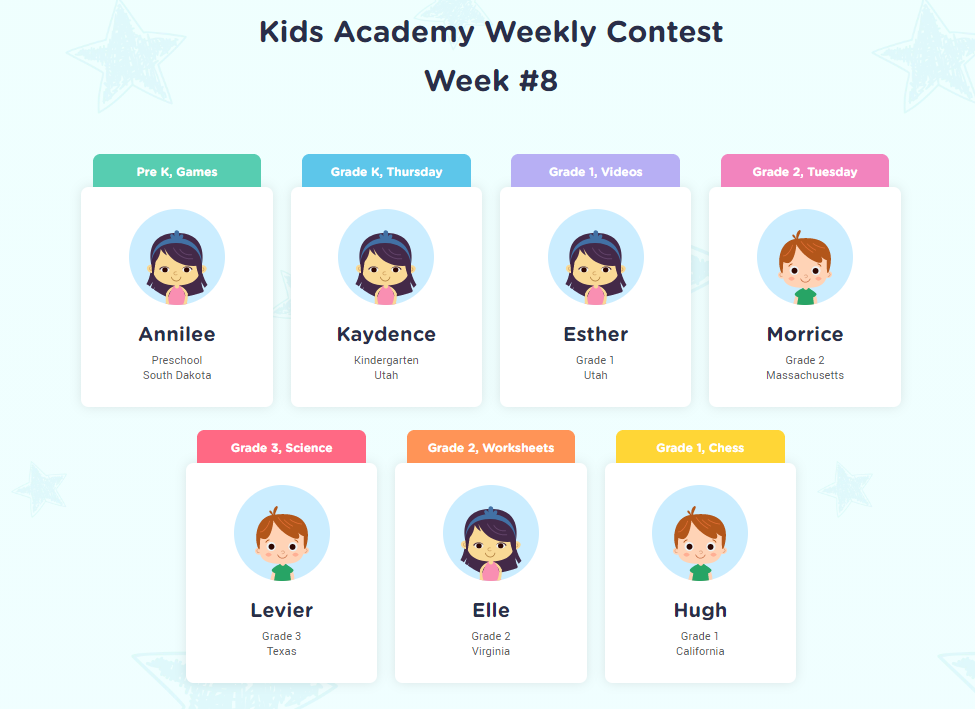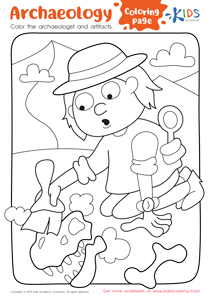Normal Alphabet worksheets activities for 7-Year-Olds
2 filtered results
-
From - To


Let's Check Long Vowels: Assessment Worksheet


Long and Short Vowel Sentences: Assessment Worksheet
Normal Alphabet worksheets activities stand as a foundational tool in the early education landscape, proving indispensable for young learners embarking on their literacy journey. These structured activities serve not only as an introductory pathway to the vast world of reading and writing but also as a means to reinforce the recognition, pronunciation, and usage of the letters in a fun and engaging manner.
One of the primary benefits of Normal Alphabet worksheets activities is the enhancement of fine motor skills. As children trace, write, and color letters, they develop hand-eye coordination and pencil grip, which are crucial for their academic development. This hands-on approach allows learners to physically interact with the shapes and forms of letters, cementing their understanding and memory of the alphabet in a tactile and memorable way.
Furthermore, these worksheets are instrumental in fostering phonemic awareness—the ability to hear, identify, and manipulate the individual sounds in words. By associating letters with their corresponding sounds through various worksheet activities, children lay the groundwork for reading fluency. This early exposure to phonics, through simple and repetitive exercises, ensures a smoother transition to more complex literacy skills, such as blending sounds to form words and eventually reading full sentences.
Normal Alphabet worksheets activities also offer the advantage of structured learning. They provide a systematic approach to alphabet learning, ensuring that no letter is overlooked. This structure is particularly beneficial for children who thrive on routine and clear expectations. Additionally, the versatility of these worksheets means they can cater to a wide range of learning styles, whether a child learns best through visual aids, auditory cues, or kinesthetic activities.
Lastly, the simplicity and accessibility of Alphabet worksheets make them a valuable resource for both educators and parents. They require minimal preparation and can be easily integrated into daily learning routines, whether in a classroom setting or at home. This ease of use ensures that children have regular exposure to the alphabet, reinforcing their learning and building their confidence in literacy skills.
In conclusion, Normal Alphabet worksheets activities are an essential component of early childhood education. They provide a multifaceted approach to learning that supports the development of fine motor skills, phonemic awareness, and foundational literacy, all within a structured yet flexible framework. By engaging with these activities, children are set on a path toward successful reading and writing, equipped with the skills they need to navigate the academic challenges ahead.
 Assign to the classroom
Assign to the classroom












